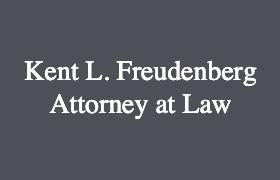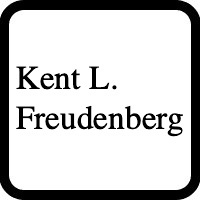 Ramah Real Estate Lawyers, Colorado
Ramah Real Estate Lawyers, Colorado
Sponsored Law Firm
-
 x
x

Click For More Info:
-
Kent L. Freudenberg, Attorney at Law
115 East Las Animas Street Colorado Springs, CO 80903» view mapDivorce & Family Law Competent Legal Representation
Let the law office of Kent L. Freudenberg, Attorney at Law handle all your Divorce & Family Law needs today!
800-881-7201
Not enough matches for Ramah Real Estate lawyer.
Below are all Ramah lawyers.
Lawyers
1-2 of 2 matches



 Kent Freudenberg Colorado Springs, CO
Kent Freudenberg Colorado Springs, CO AboutKent L. Freudenberg, Attorney at Law
AboutKent L. Freudenberg, Attorney at Law